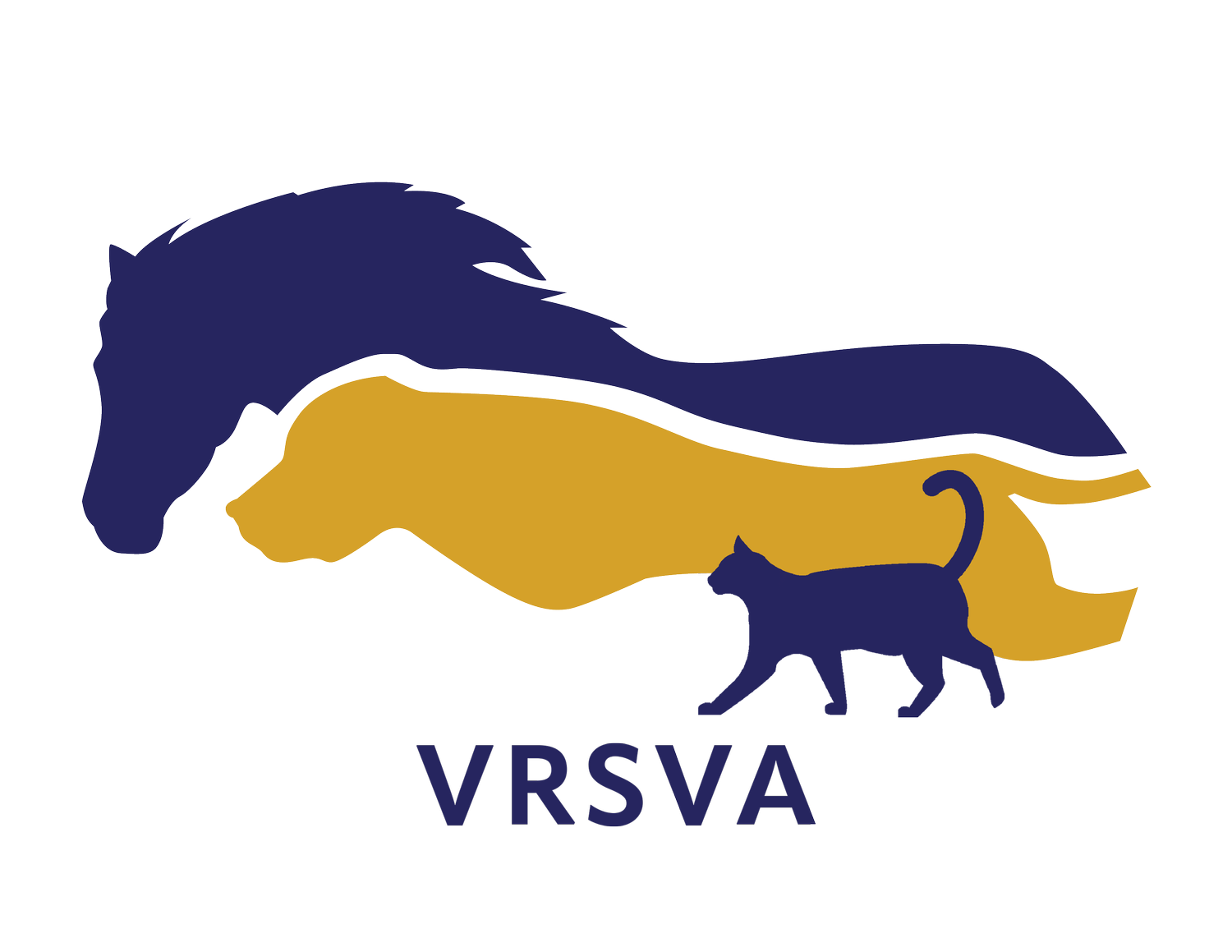Choosing an Equine Retirement Facility
Retired horses tend to do well with other retired horses, so a retirement facility can be a great option for an equine companion that is no longer in work. Horses retire for numerous reasons and require varying levels of care - it can be challenging to choose the best place for your retiree. Below are some things to keep in mind while searching.
Feeding:
Look for a facility that is able and willing to provide individualized feeding for your horse. Each horse has unique nutritional requirements and these requirements will change as the horse ages. Facility managers should be able to recognize when feeding changes need to be made and to understand how to make those changes. A farm that has a close working relationship with a nutritionist will be helpful. As horses age, they often need larger amounts of grain supplementation, soaked meals to make it easier for them to eat, and they often need extra time to eat their meals. A facility should be willing to soak feed and to separate individuals from the herd, so they do not have competition from other horses and have ample time to eat.
As a horse ages, it is natural for him to lose a small amount of muscle and body condition. If weight loss is significant and does not respond to diet and management changes, facility managers should be willing to document this, communicate concerns with the owner and to facilitate an evaluation by a veterinarian.
Many aging horses are on medications or supplements at some point during their retirement. Ask if the facility is able to administer medications to your horse and how they ensure that your horse (and only your horse) ingests the medication.
Water:
It’s an expectation at any barn to have free choice, clean water. Older horses are prone to impaction colic and decreased water consumption can increase the chance for this type of colic. Water should be kept a short walk from their hay and shelter. In freezing temperatures, a facility should place importance on clearing ice from the troughs regularly.
Pasture:
Some horses benefit from pastures with lush grass and others with metabolic issues will benefit from a paddock with less grass available. All horses should have access to appropriate forage all year long. Finding a facility with multiple types of pastures will give your horse options as his needs change.
Retired horses tend of have some degree of arthritis or lameness, so paddocks with fairy even terrain are best. Pay attention to fencing - it should be regularly maintained in good condition to keep horses contained and prevent injury.
Shelter:
Extreme temperatures are particularly hard on older horses, as they have more difficulty thermoregulating. A retirement facility should have sturdy, clean shelters available to the horses at all times. In particularly harsh weather, it may be necessary to bring horses into a barn to protect them from the elements. It’s an added bonus to find a farm with this option.
Blanketing:
Many older horses require blanketing in the cold months. A facility should be willing to blanket when needed and should remove blankets regularly for grooming, weight evaluation and to check for blanket rubs.
Veterinary and Farrier Care:
A good retirement facility will have relationships with multiple veterinarians and farriers. They should be willing to allow you to use your own veterinarian or farrier, but they should also be able to offer you a recommendation for one if needed. If you are unable to visit your horse frequently, the veterinarian and farrier can help you keep eyes on your horse.
When searching for a place to board you retiree, a phone call to the facility should be the first step in the interview process. Make sure the managers are willing to answer all your questions. Ask around for references - ideally, people who have kept their retired horses at this facility. A tour should be next. Take your time and ask questions. Look around. Do things seem in order? Do the horses living on the property look healthy and happy? Once you’ve started boarding at a facility, don’t lose touch with your horse. Visit regularly if you are close by and if not, have a friend stop by or ask the manager for pictures. Check in frequently to make sure your faithful friend is doing well in their new home!
